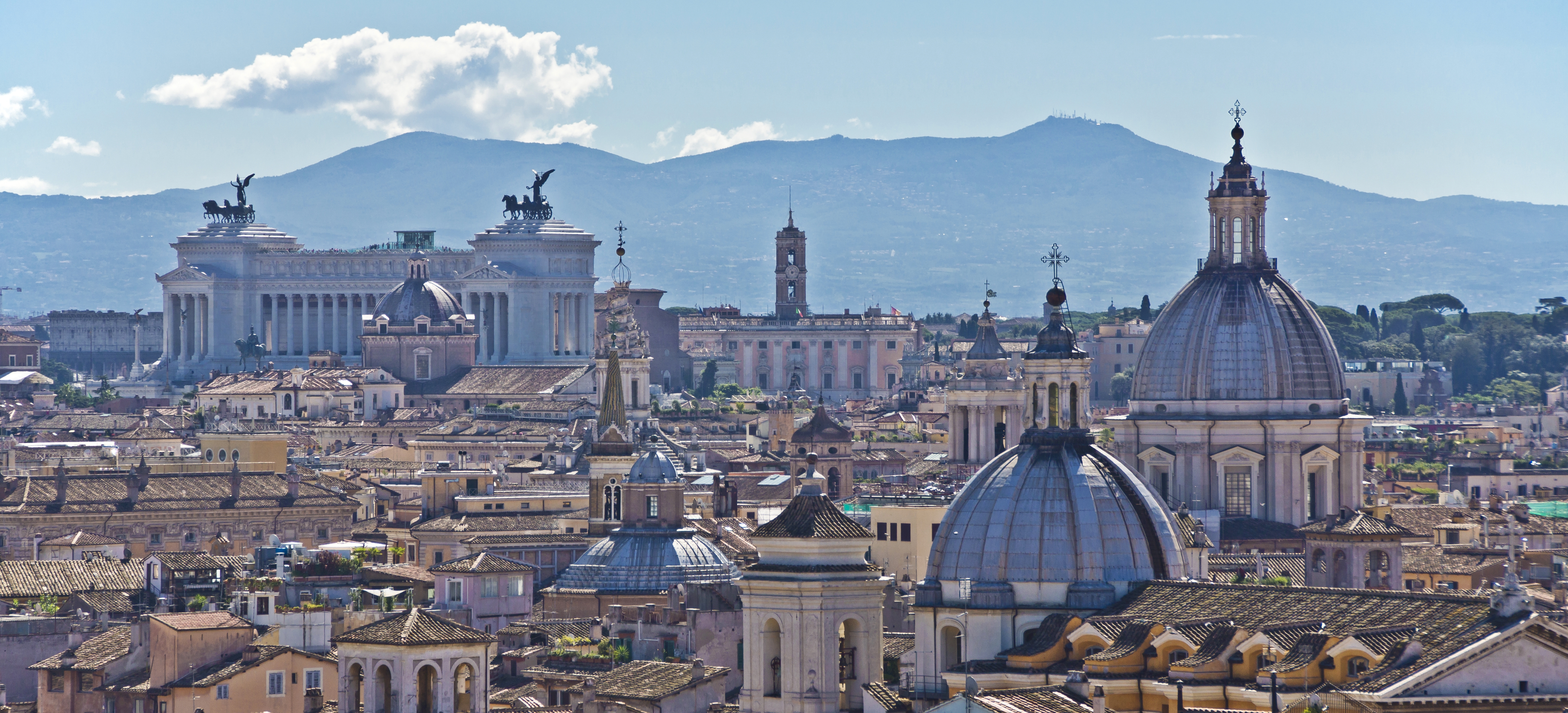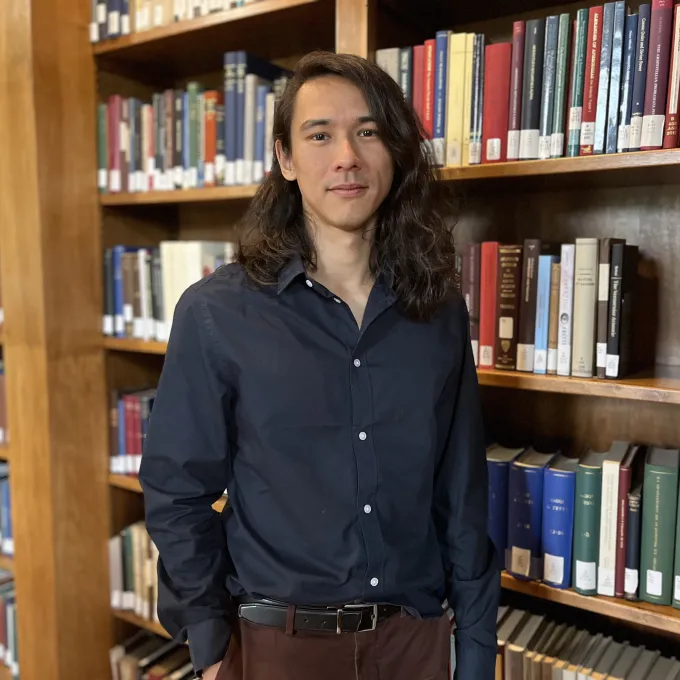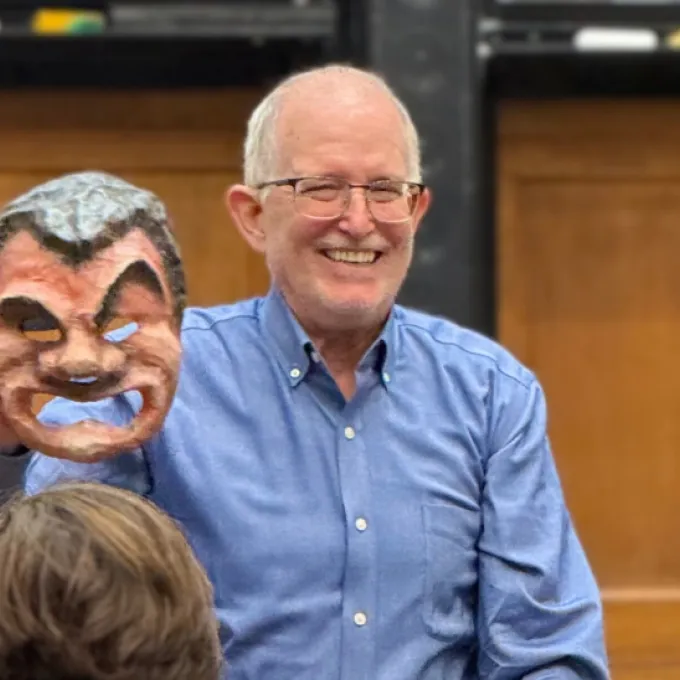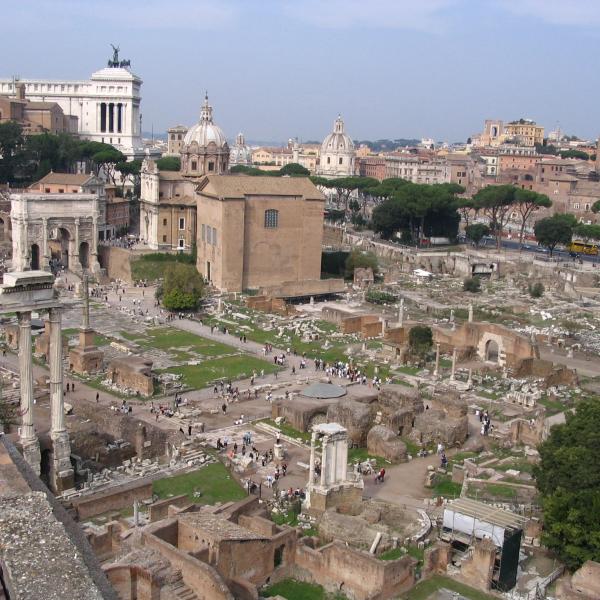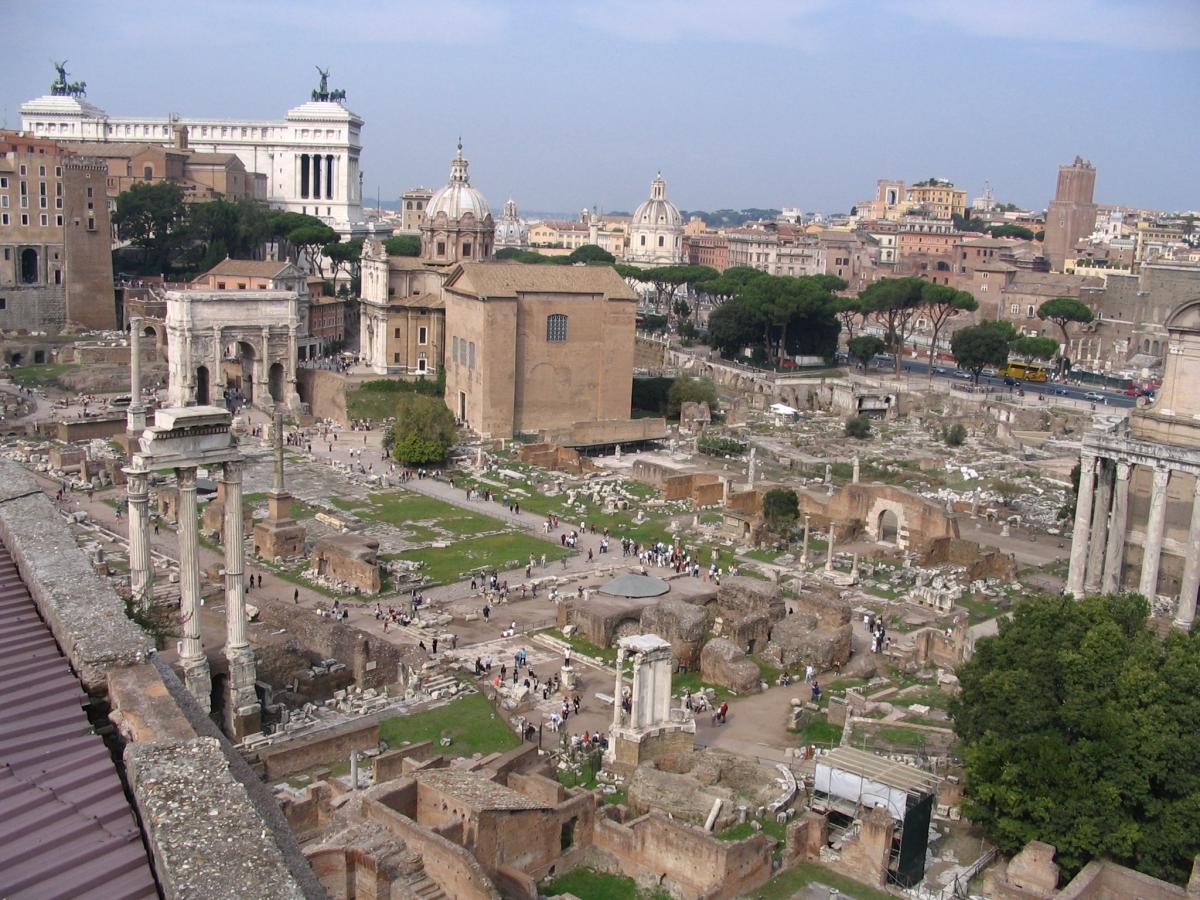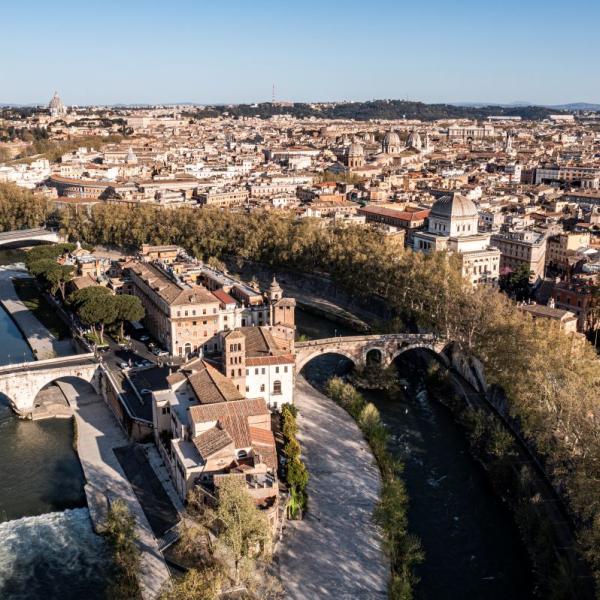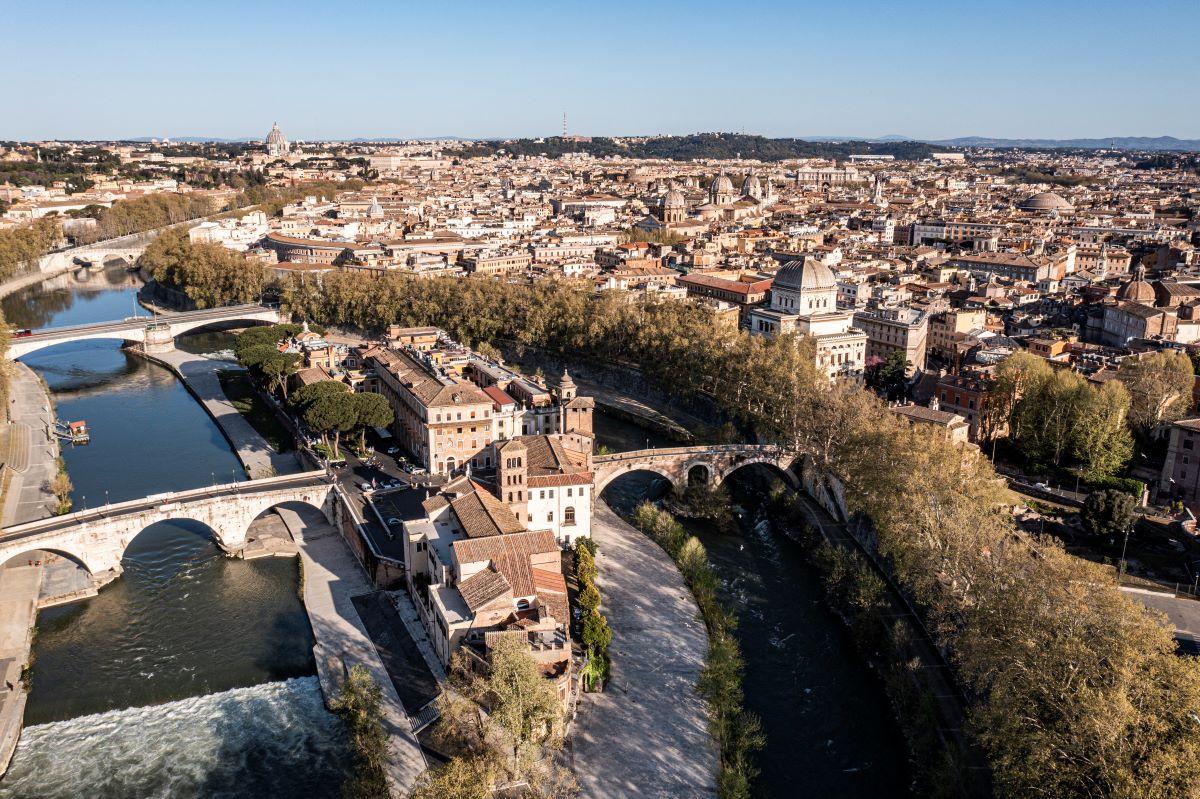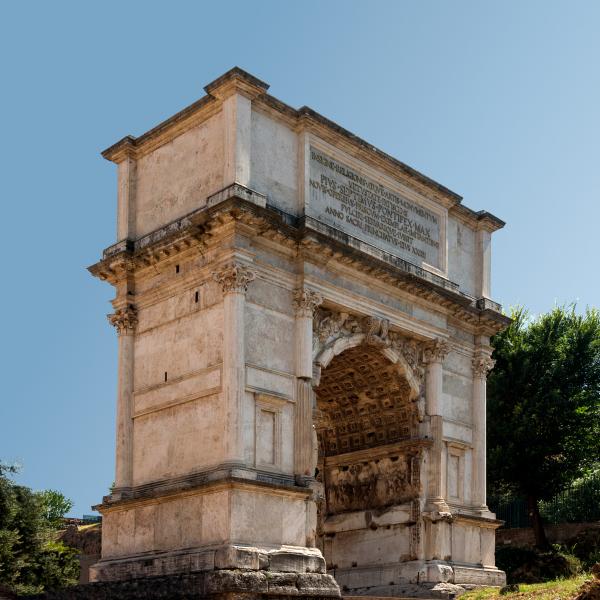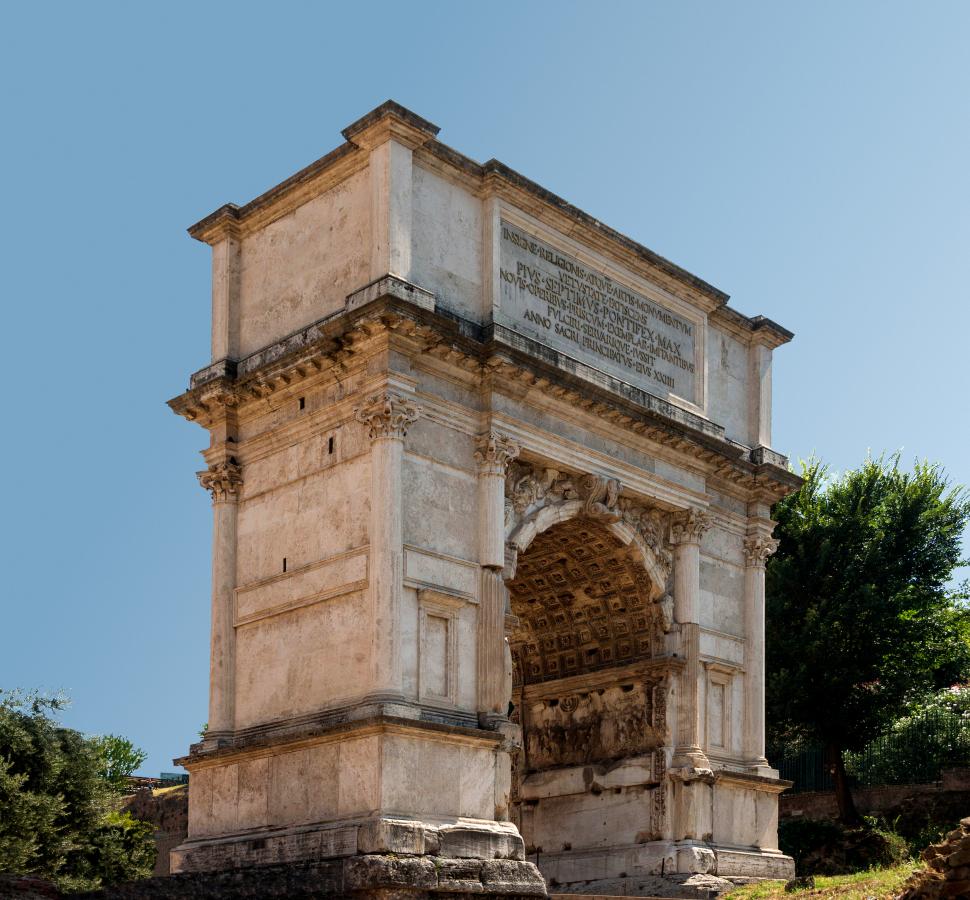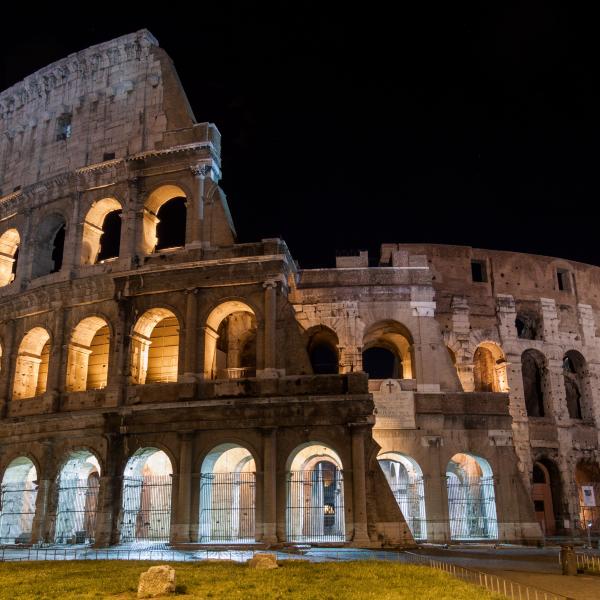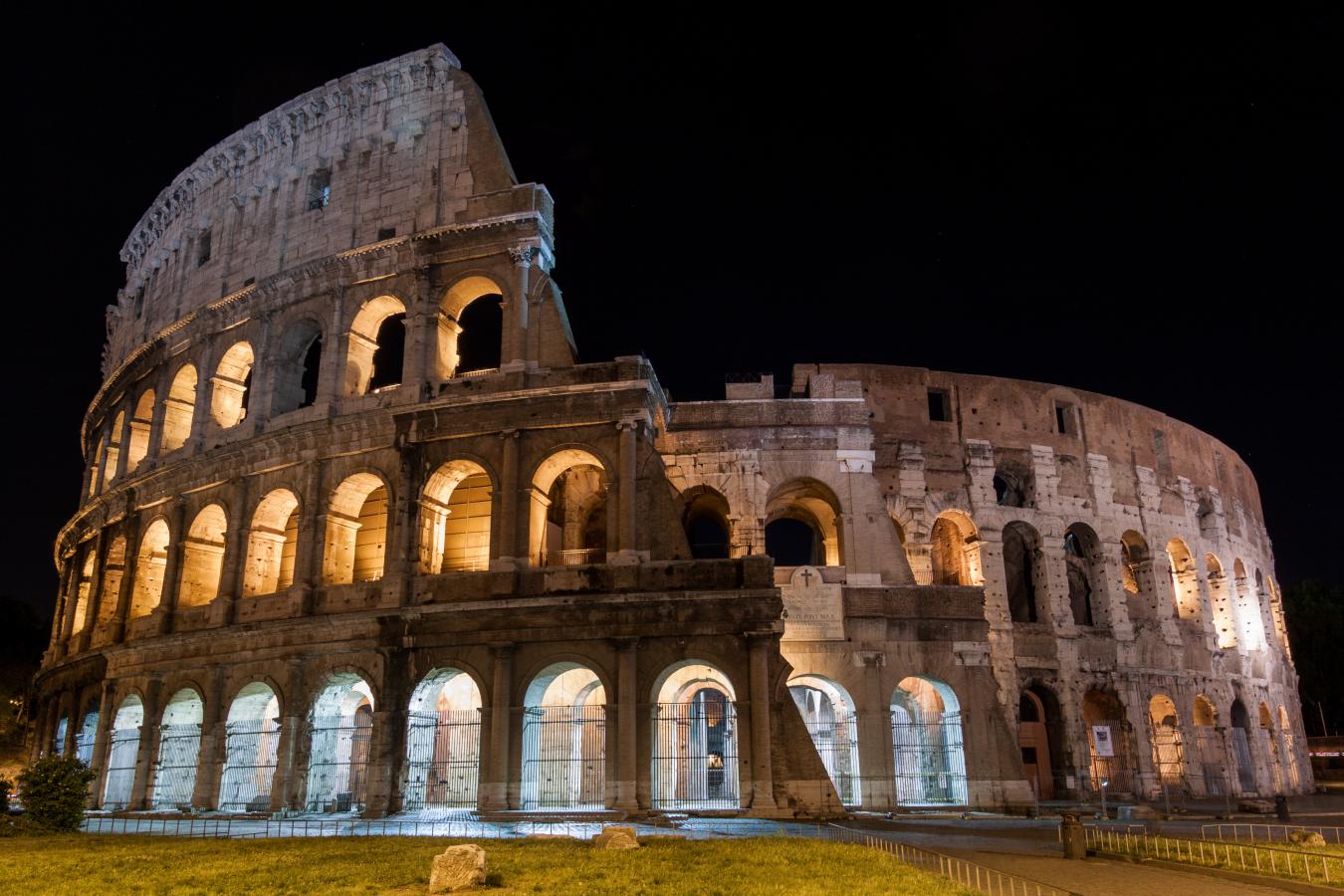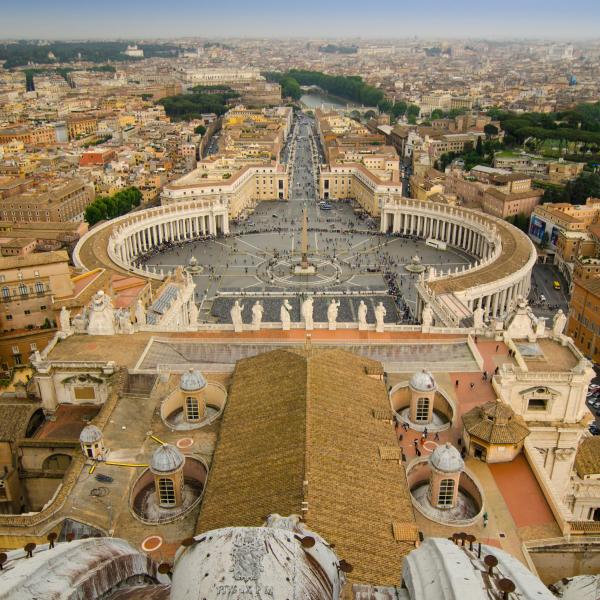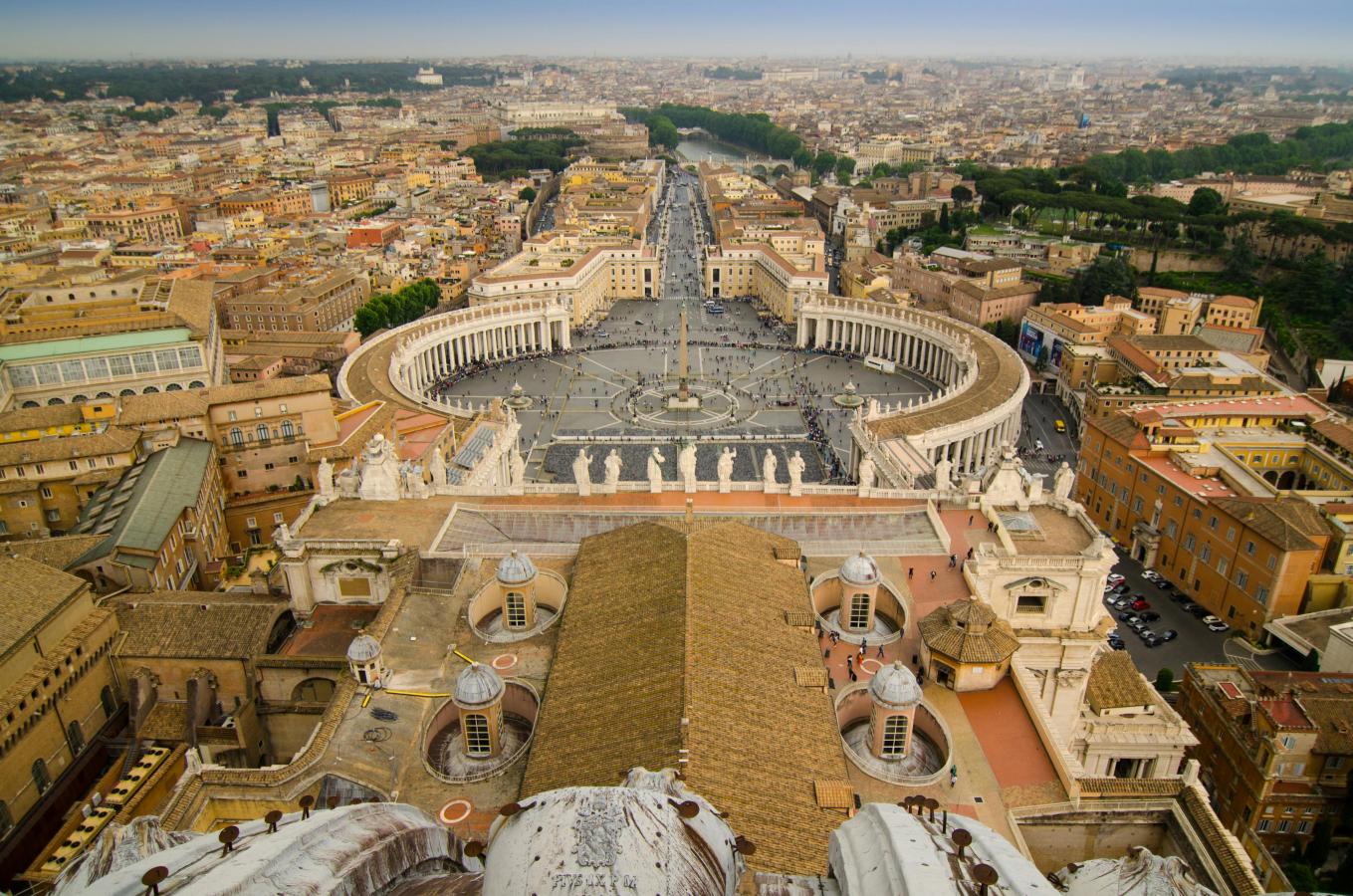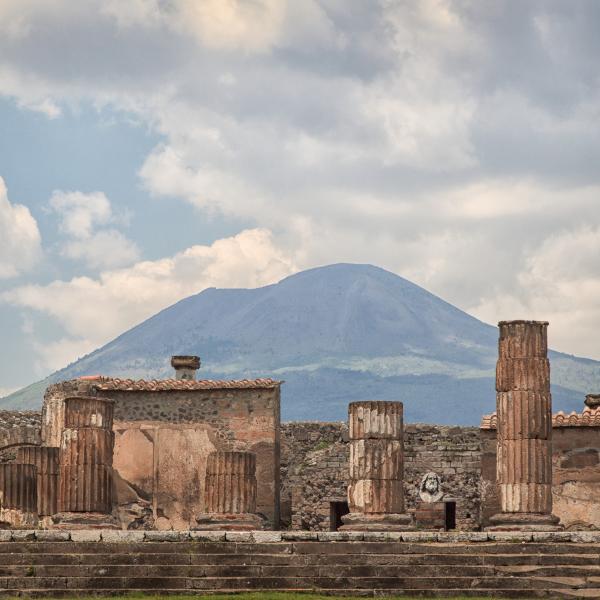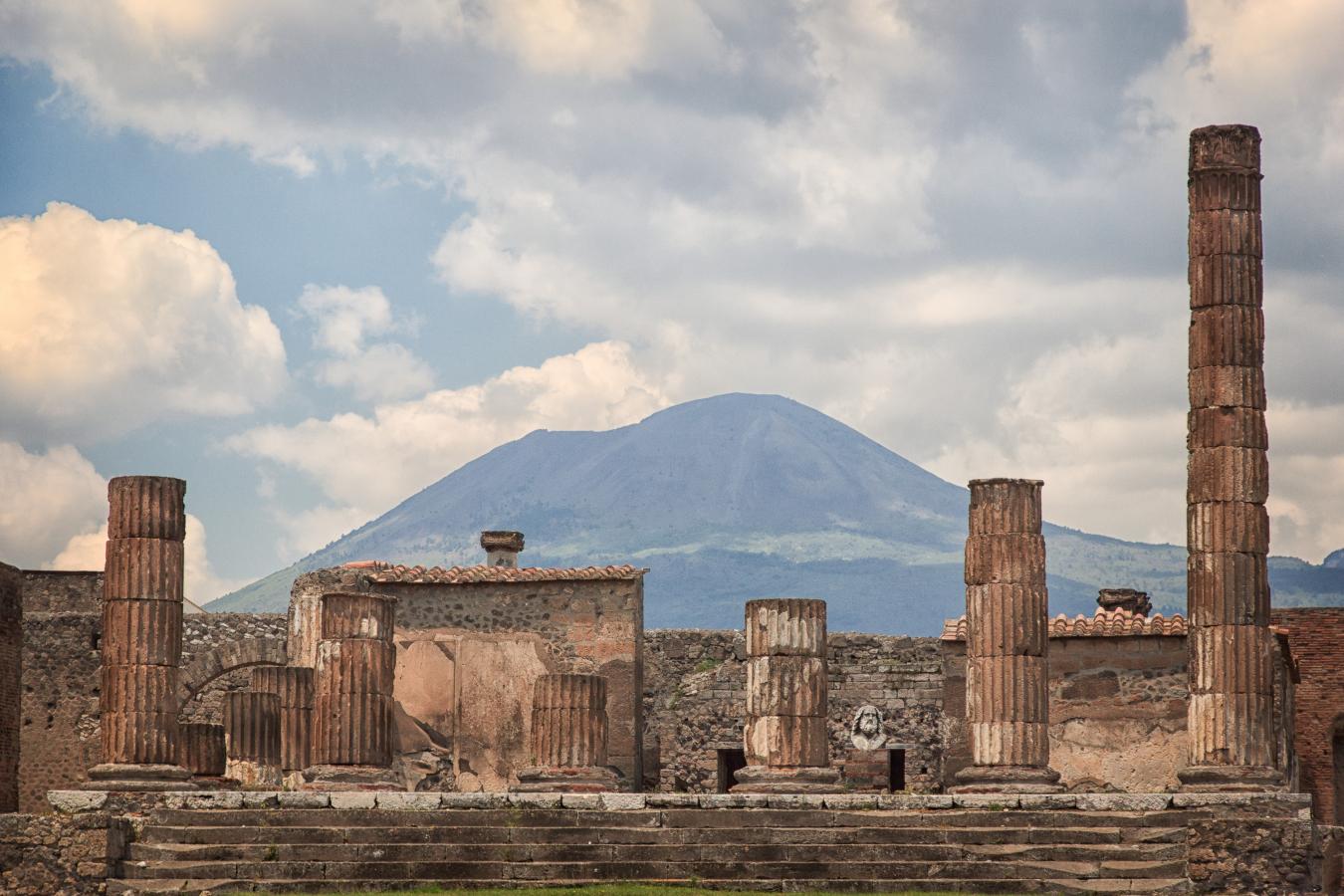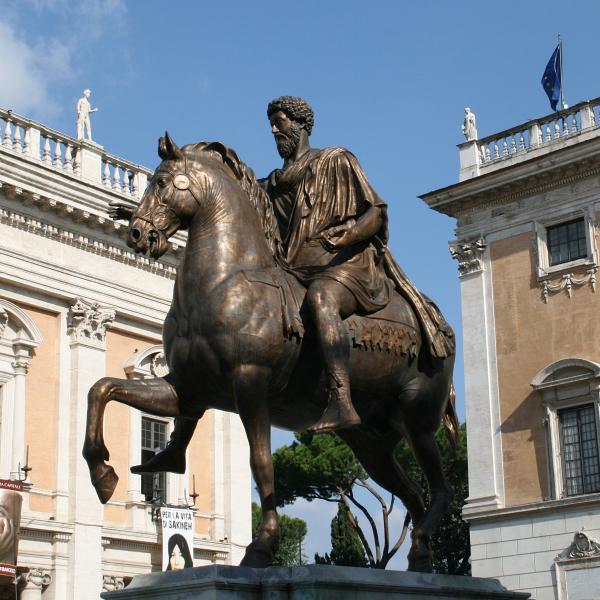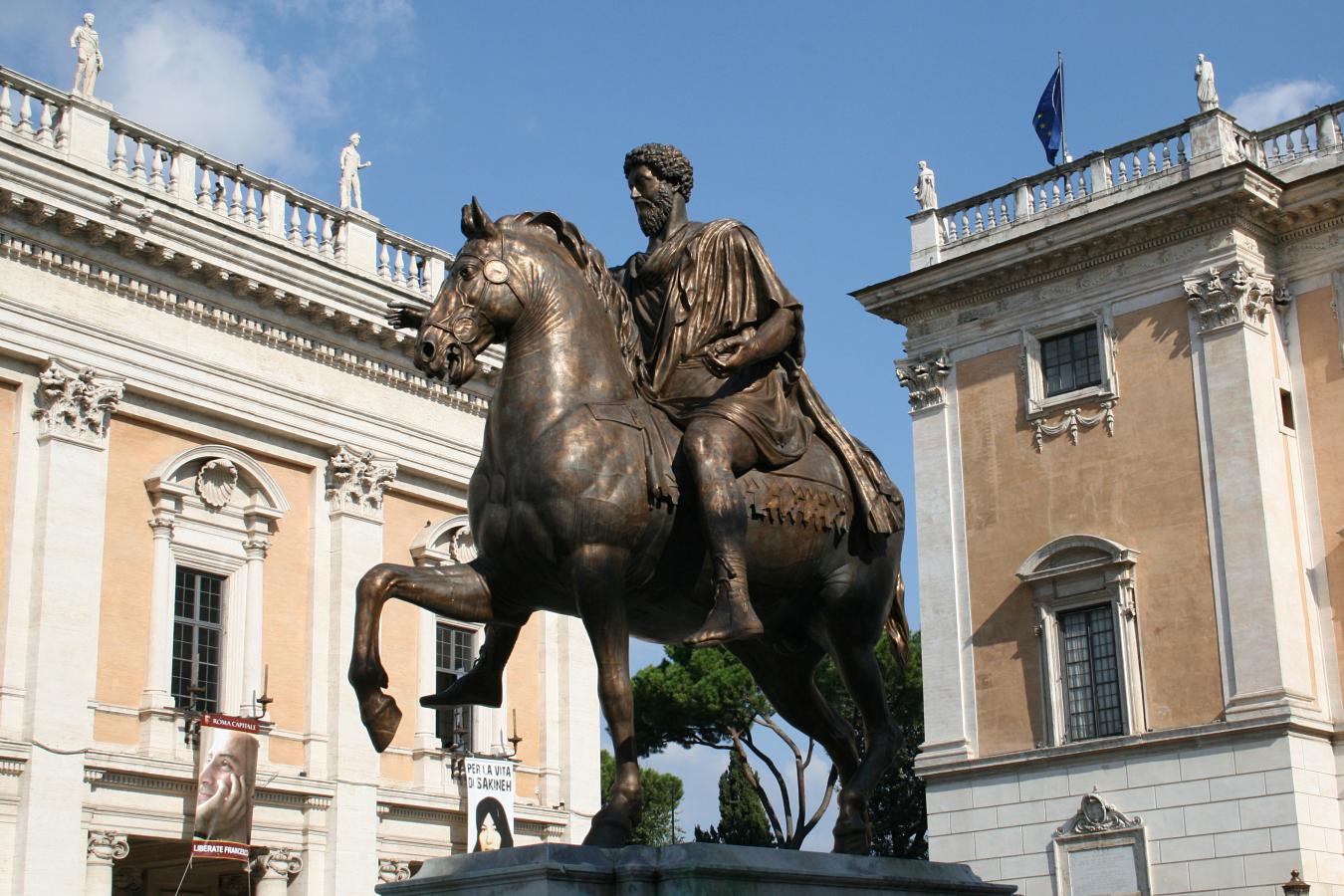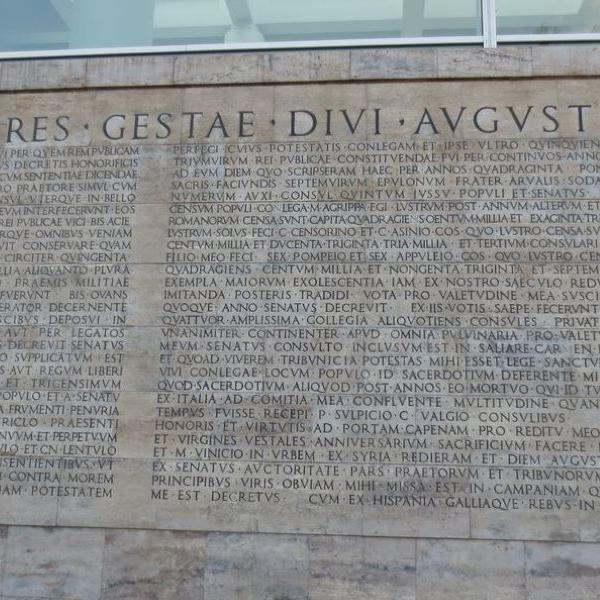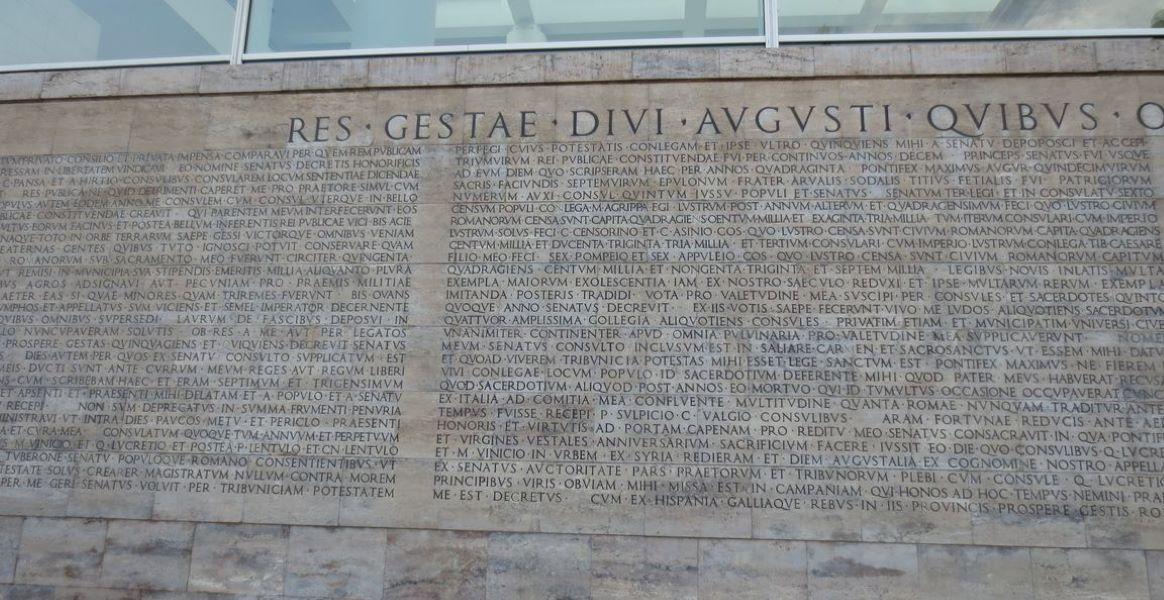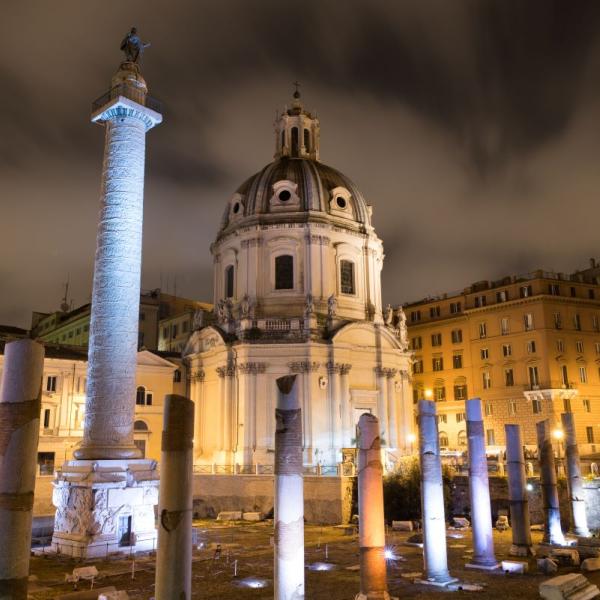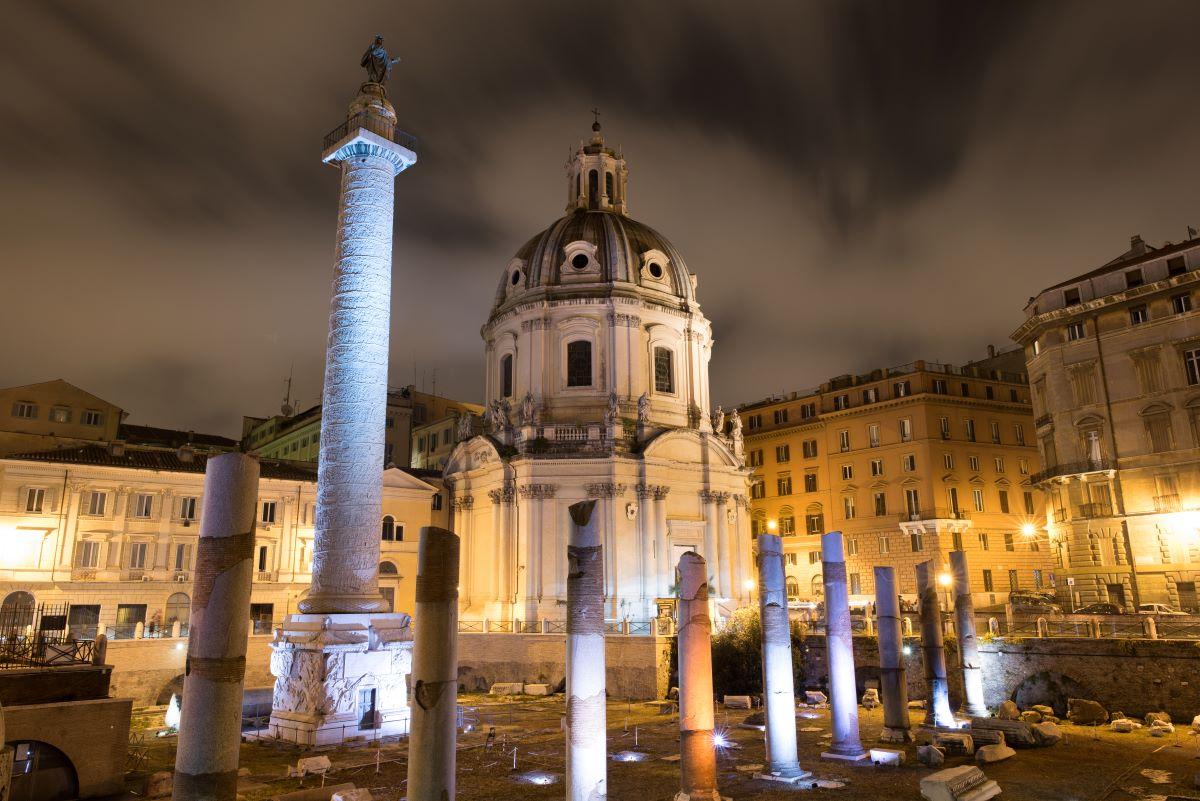Explore the history and culture of ancient Rome and learn how the ancient Romans influenced our modern world, for better and for worse.
Rome, nicknamed the “Eternal City,” has excited the imaginations of artists, poets, political thinkers, and philosophers for centuries. The Romans have long been regarded as the cultural and political forebears of many aspects of the modern world. Yet despite our assumed affinity with Rome, much of the Romans’ complex legacy has been imagined, reshaped, or even deliberately misrepresented to reinforce—or rewrite—modern preconceptions about government, art, and identity. This two-semester program examines continuity and change in one of the most influential civilizations in history. We will learn who the Romans were, what we know (and don’t know) about them, and how their legacy has been used for good and ill.
Students will gain a deep understanding of Roman literature, history, and thought, learning how to interpret ancient evidence and analyze the fluid changes to Rome’s legacy that have resulted in modern preconceptions about the Romans. We will engage with the history of the Romans, learning how Rome grew from a village on the Tiber River to become the dominant political and cultural power in the ancient Mediterranean. We will study how the many different peoples of the Roman Empire responded to Rome’s past, what it meant to identify as Roman, and how numerous artists, politicians, and others have responded to Rome and its legacy in the ancient, medieval, and modern worlds. Finally, we may travel to Rome and the surrounding regions of Italy, gathering evidence on site as we consider what it means for Rome to be “eternal.”

